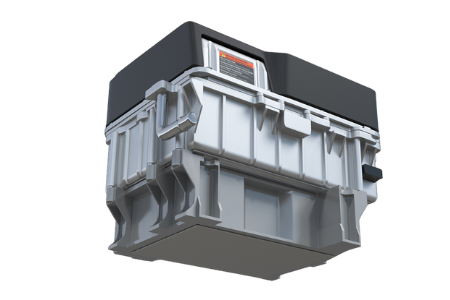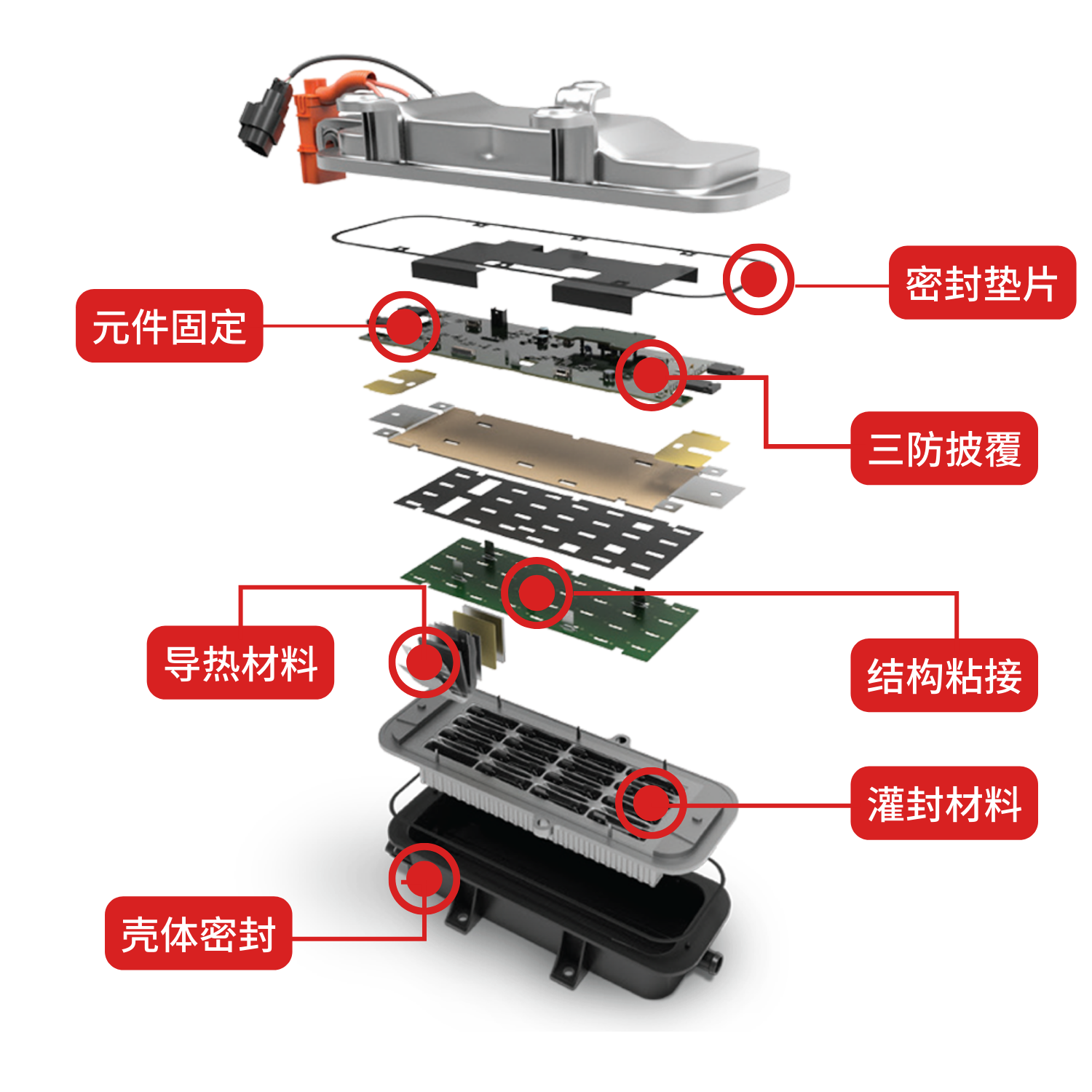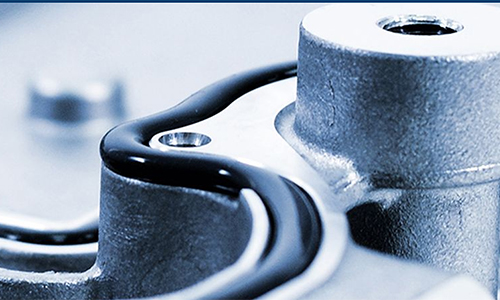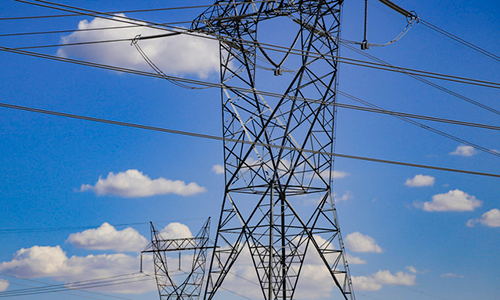Key engineering challenges for EV powertrain components include efficient thermal management, integrated electrical systems, miniaturization, reducing overall vehicle weight, and ensuring safe and reliable vehicle performance. At the same time, from a business point of view, the price of electric vehicles needs to be reduced by reducing the overall system cost.
Generally speaking, the adhesive used in the three-electric system of new energy vehicles needs to have the following characteristics:
1. High temperature and low temperature resistance, able to maintain stability in extreme environments;
2. It has good sealing and waterproof performance to protect electronic components from moisture and corrosion;
3. It has high durability and anti-aging ability, and can maintain the performance of glue for a long time;
4. It is not corrosive to electronic components and can maintain electrical insulation.
Commonly used adhesives for new energy vehicle three-electric systems include silicone adhesive, polyurethane adhesive, epoxy resin adhesive, etc. When choosing a glue, it is necessary to consider it comprehensively according to the specific use scenarios and requirements to ensure the performance and use effect of the glue.


 Automotive Electronics
Automotive Electronics
 Electric Vehicle
Electric Vehicle
 Consumer Electronics
Consumer Electronics
 Electrical System
Electrical System
 Electrical Equipment
Electrical Equipment
 Home Appliances
Home Appliances
 Semiconductor
Semiconductor
 Connector
Connector
 Sensor
Sensor
 Motor
Motor
 Industry
Industry
 medical
medical
 Lighting
Lighting


